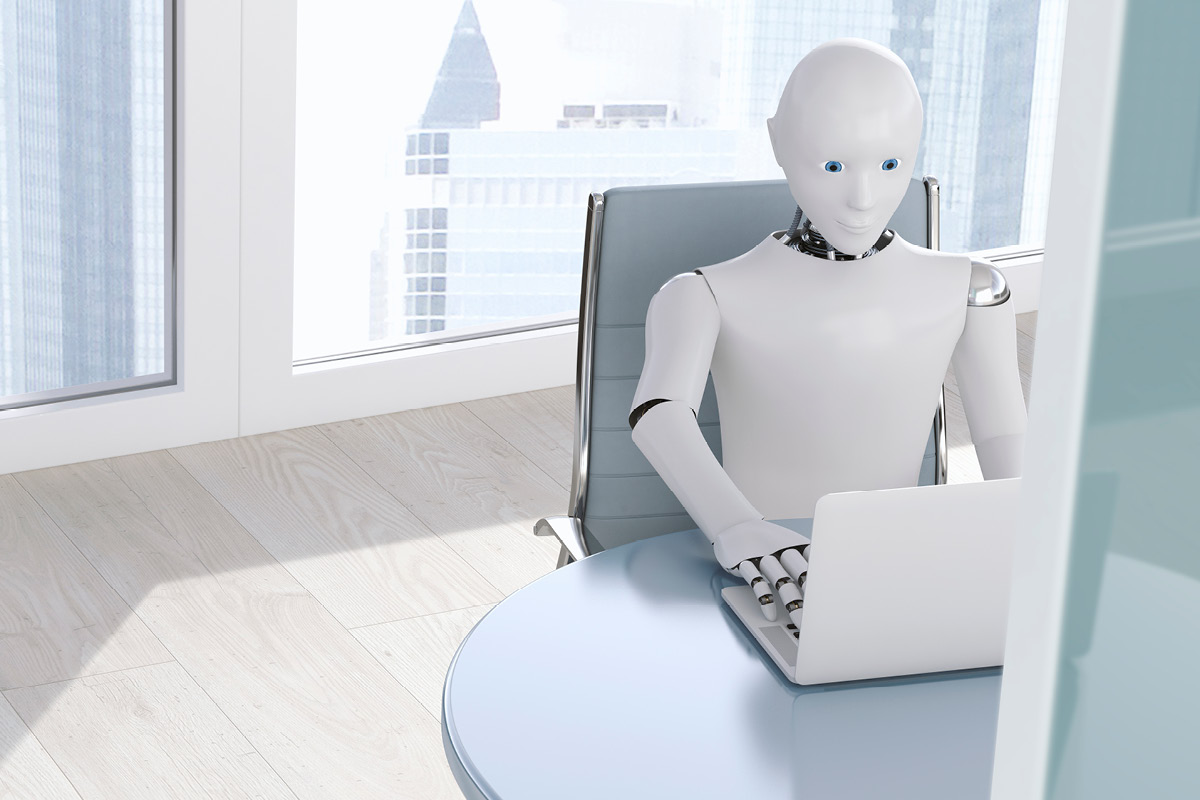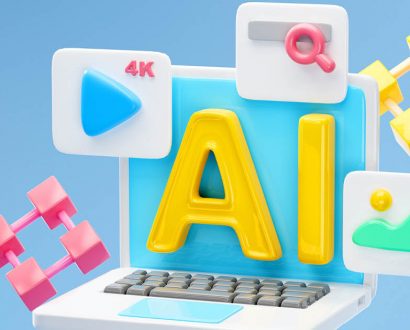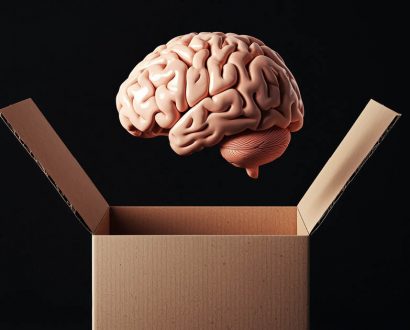Businesses are entering a new world of fast-moving technological developments, adopted to increase efficiencies and better service customers. Automation and artificial intelligence (AI) have been at the forefront of the most recent wave.
However, this accelerating pace of change can leave many unaware of the consequences of adopting new technologies. One thing we know for sure is that it will impact the way we work.
Automation and AI having the greatest effect on low-paid jobs
The impact of AI and automation on the nature of work is difficult to measure. Of the data available, McKinsey research suggests that up to one-third of US workers could be jobless by 2030, with Forrester predicting that 9% of US workers will lose their job in 2018 as a result.
In Australia, Finder.com.au found that the most likely industries to be impacted by automation are property operators and real estate services (88%), food retailing (81%), food product manufacturing (79%), and administrative services (64%). Other types of jobs that are likely to be impacted include customer service, factory work and manufacturing roles, and what can generally be described as ‘low-paid’ jobs.
It is not specifically the jobs being automated by AI, but the tasks themselves. Within most industries, the percentage of tasks that are likely to be automated are relatively small, meaning that most jobs will morph rather than vanish. The consequences are primarily that people will keep their jobs, but the nature of the work is likely to change (and it won’t necessarily be for the worse).
The impact of automation on the economy is to drive efficiency, providing for a larger adjustment buffer for people to retrain or alter their focus and skills. Where we see the greatest change is in instances where most of the substantive tasks can be automated. In these cases, there remains a risk of sudden and significant unemployment among certain demographics.
Assuming responsibility and dealing with the changing workforce
With this disruption underway, it begs the question: to what extent are businesses morally responsible for the change and, how do businesses align their values and operations to better prepare their workforce for the change and live up to acceptable standards of social responsibility?
Legislators have a part to play. As software replaces human effort, governments must act to deal with the shifting demands on labour pools and the faster pace of legislating to prepare for the impacts of the country’s innovation agenda.
Governments will need to partner with major employers and organisations responsible for creating and implementing bots in marketplaces around the world. Working alongside private organisations and forums to fully comprehend and prepare for the upcoming changes will be incredibly important to manage these changes.
Governments will necessarily be involved in this conversation to reduce the short-term pain and negative repercussions, but it is equally important that businesses are active participants.
As businesses employing these technologies, it is important to be aware of the impact and determine the level of responsibility for the consequences. Investing in training and education programs to develop the skills required to drive these technical advances will allow businesses to derive the most output from the technology and their human resource.
These changes are inevitable, and as autonomy and self-learning capabilities increase, robots and intelligent systems will feel less like machines and more like workforce companions.
People need to understand how AI will alter the nature of their everyday and working lives, and they need to know how to deal with the change. As drivers of this change, businesses carry a degree of responsibility to protect and preserve their workforce, preparing them for the future, investing in technology that most effectively employs both human and machine input.







